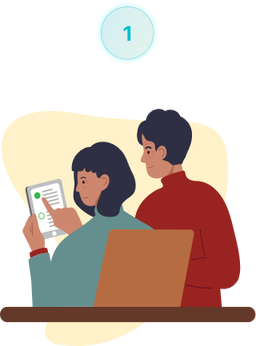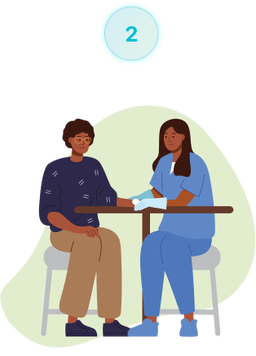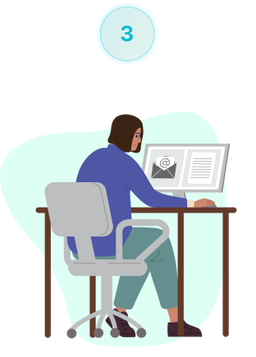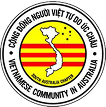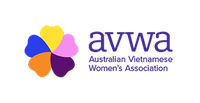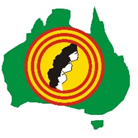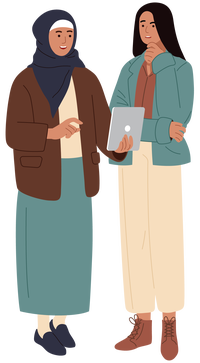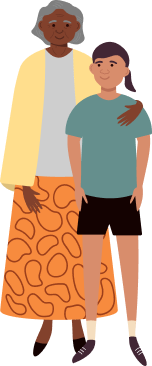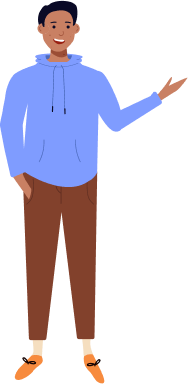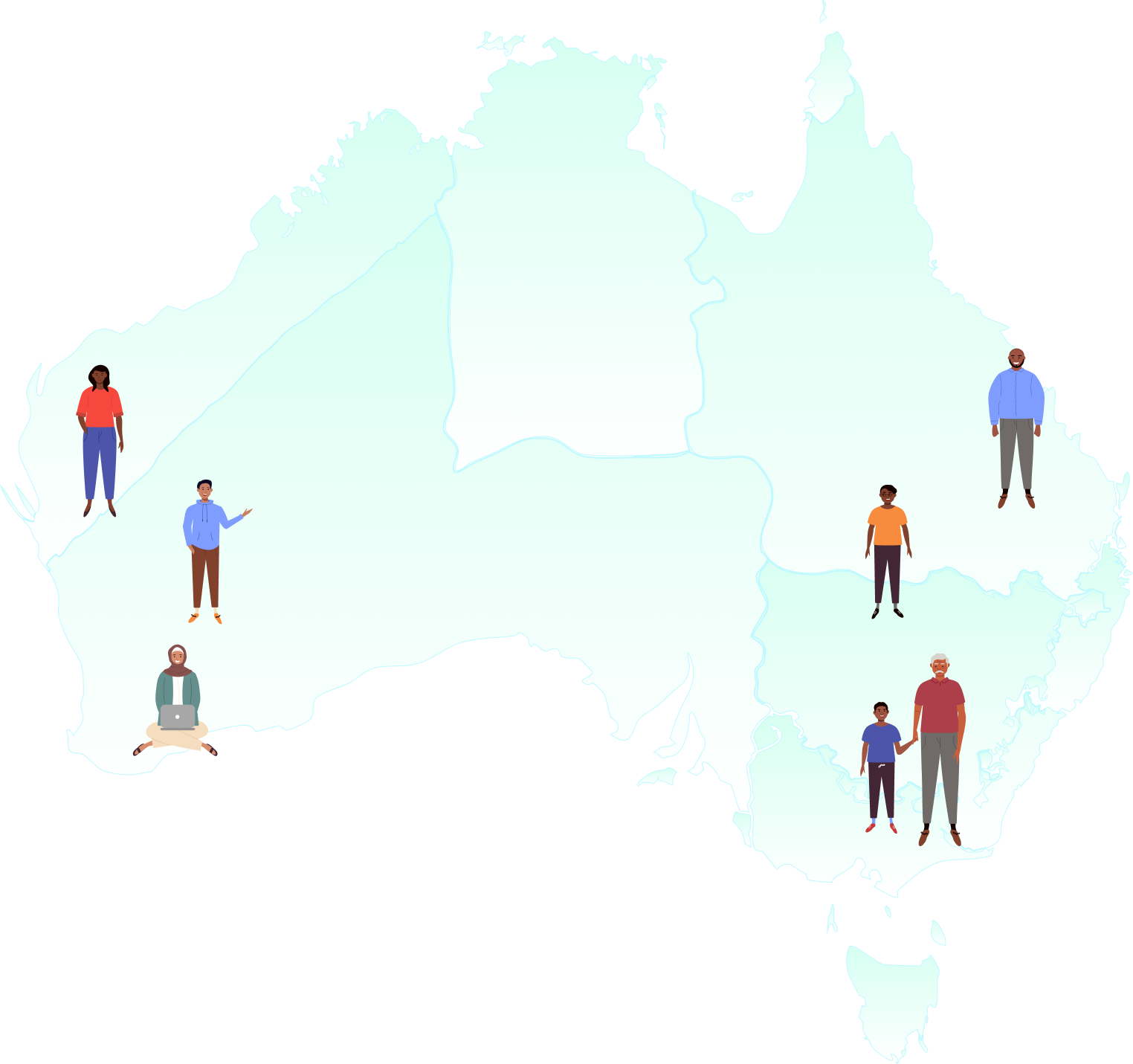
Shape the future of medical research and healthcare in Australia
OurDNA is partnering with multicultural communities to ensure all Australians can benefit from advances in medical research and healthcare. We can’t do this without you!
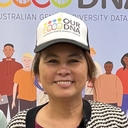
Thao Ha, Key Partner, Vietnamese Community
"We decided to work with OurDNA because we really believe in what they're doing. It's good for the community, not just for now but for future generations. It’s been an incredibly fun and exciting partnership."
